Image
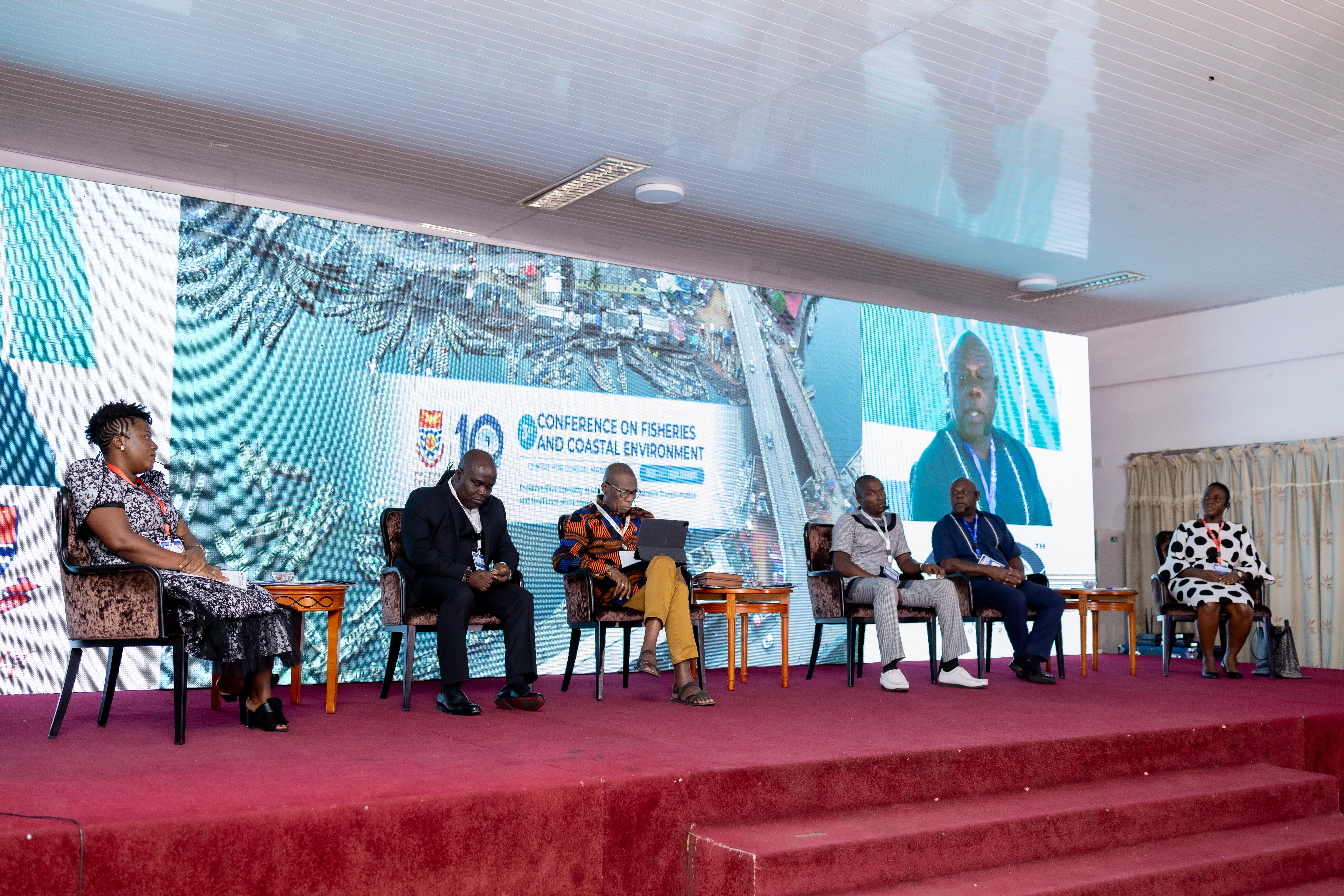
Posted On
Mardi 14 novembre 2023 - 11:26
Corps
The Centre for Coastal Management(CCM-ACECoR) of the University of Cape Coast hosted the 3rd Biennial Conference on Fisheries and Coastal Environment (CFCE) from November 6–8, 2023, at the Mensvic Grand Hotel in Accra, in partnership with the World Bank, WACA, Feed the Future Ghana Fisheries Recovery Activity (USAID-FTFGFRA), and Vulnerability to Viability Global Partnership Program, among other partners.
Distinguished participants, encompassing marine scientists, policymakers, environmentalists, and industry experts, gathered under the thematic umbrella of "Inclusive Blue Economy in Africa: Towards Sustainable Transformation and Resilience of the Marine Environment." The conference inauguration featured keynote addresses from eminent figures, notably Dr. Mahamudu Bawumia, the Vice President of the Republic of Ghana, as well as Prof. Rosemond Boohene, the Pro-Vice Chancellor of the University of Cape Coast (UCC).
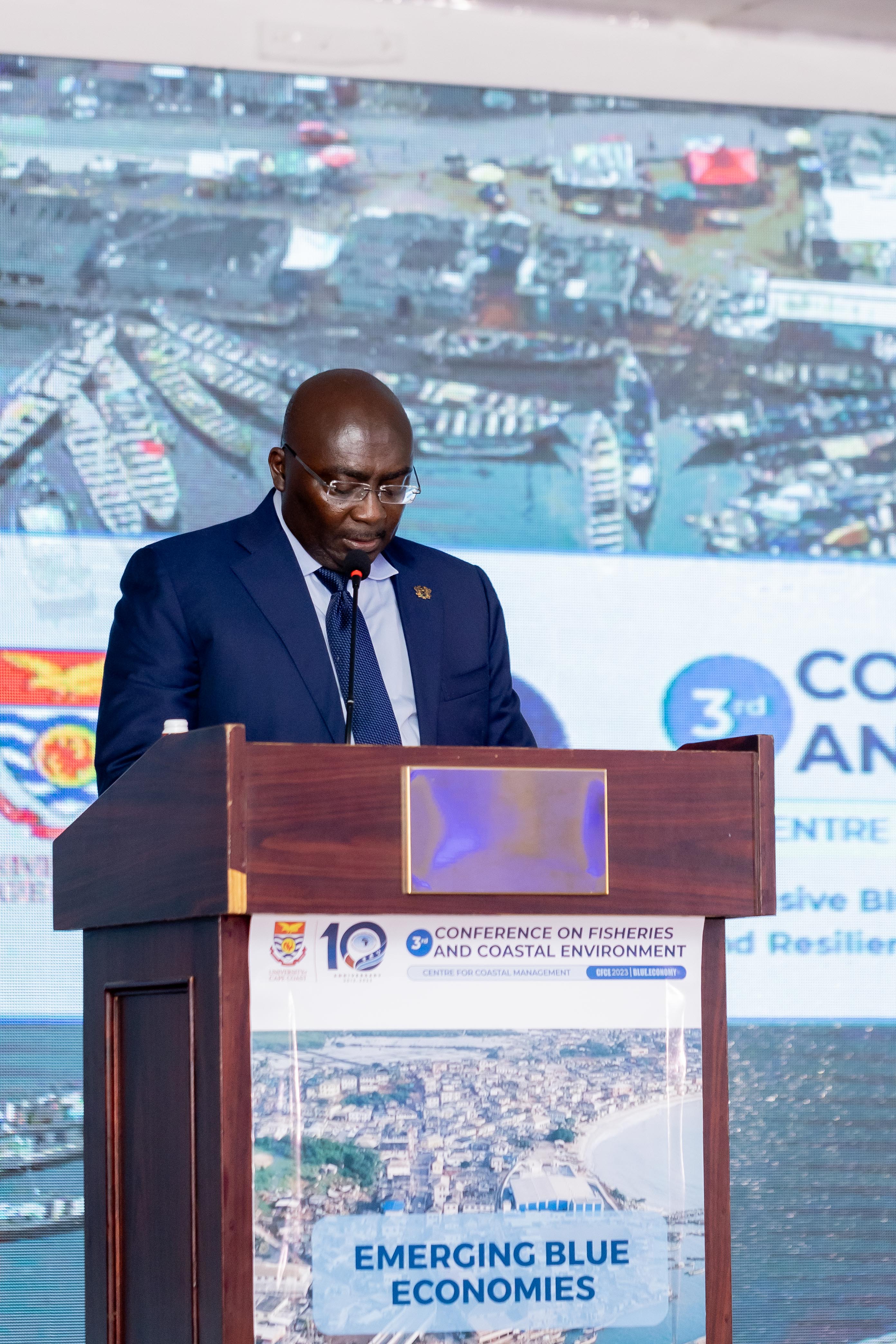
In his address, Dr. Bawumia stated that he believes Ghana's ocean must be conserved; hence, the government is seriously controlling the fishing industry. He also indicated that the government has started several initiatives to combat IUU fishing in our waters. “We are strictly supervising foreign fishing vessel licensing, including their gear, where they fish, and license status. Some foreign vessels have already been denied licenses”, he stated. Prof. Denis Aheto, the director of CCM-ACECoR, spoke in his keynote address about the enormous advantages of the ocean to the nation, including fishing, tourism, and employment, and how these advantages are at risk due to the degradation of Ghana's coastal landscape. To curb the degradation of the ocean, he also highlighted some policies and interventions the government is implementing, including a $150 million investment in the West Africa Coastal Area (WACA) to stem the tide of coastal degradation, the fight against illegal, unreported, and unregulated fishing in our waters, as well as strict regulation and licensing of foreign fishing vessels.

Panel discussions underscored the imperative of inclusivity in policy formulation, recognizing the unique cultural and economic facets of each coastal region. The deliberations highlighted the necessity of a comprehensive approach to sustainable fisheries management. Technological innovations designed to enhance sustainable practices in the fishing industry were unveiled, ranging from advancements in monitoring systems to ecologically responsible gear designs. These technological advancements offer tangible solutions to combat overfishing and promote responsible resource management.
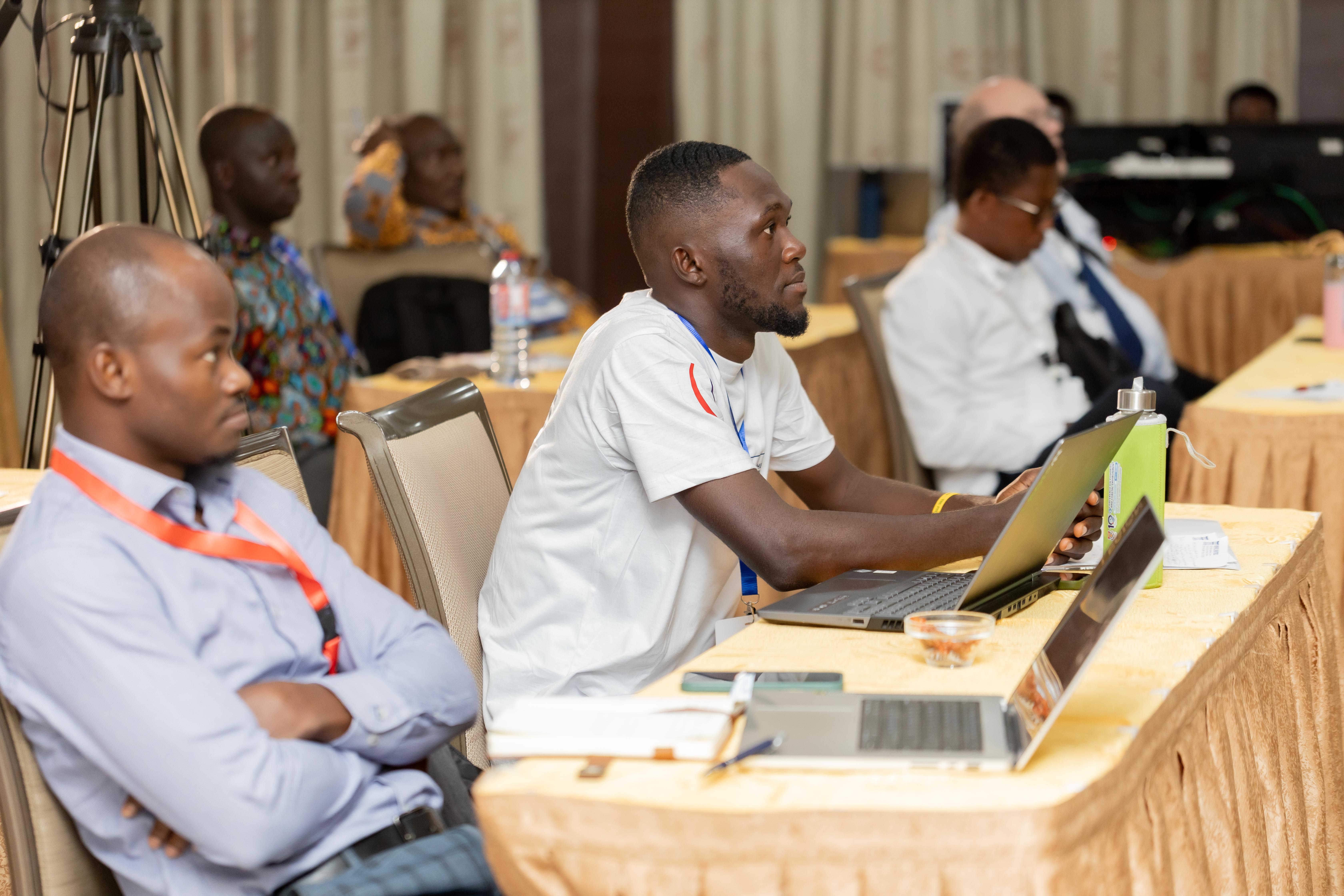
Break-out sessions provided a platform for participants to establish collaborative partnerships. Representatives from government bodies, non-profit organizations, and private enterprises pledged concerted efforts towards the shared goal of advancing a sustainable blue economy in Africa. There was also a session for the Centre’s partners to exhibit their products and services at the conference venue, as well as poster presentations where students and professionals in the field spoke about some of the research conducted on Blue Economy-related topics.
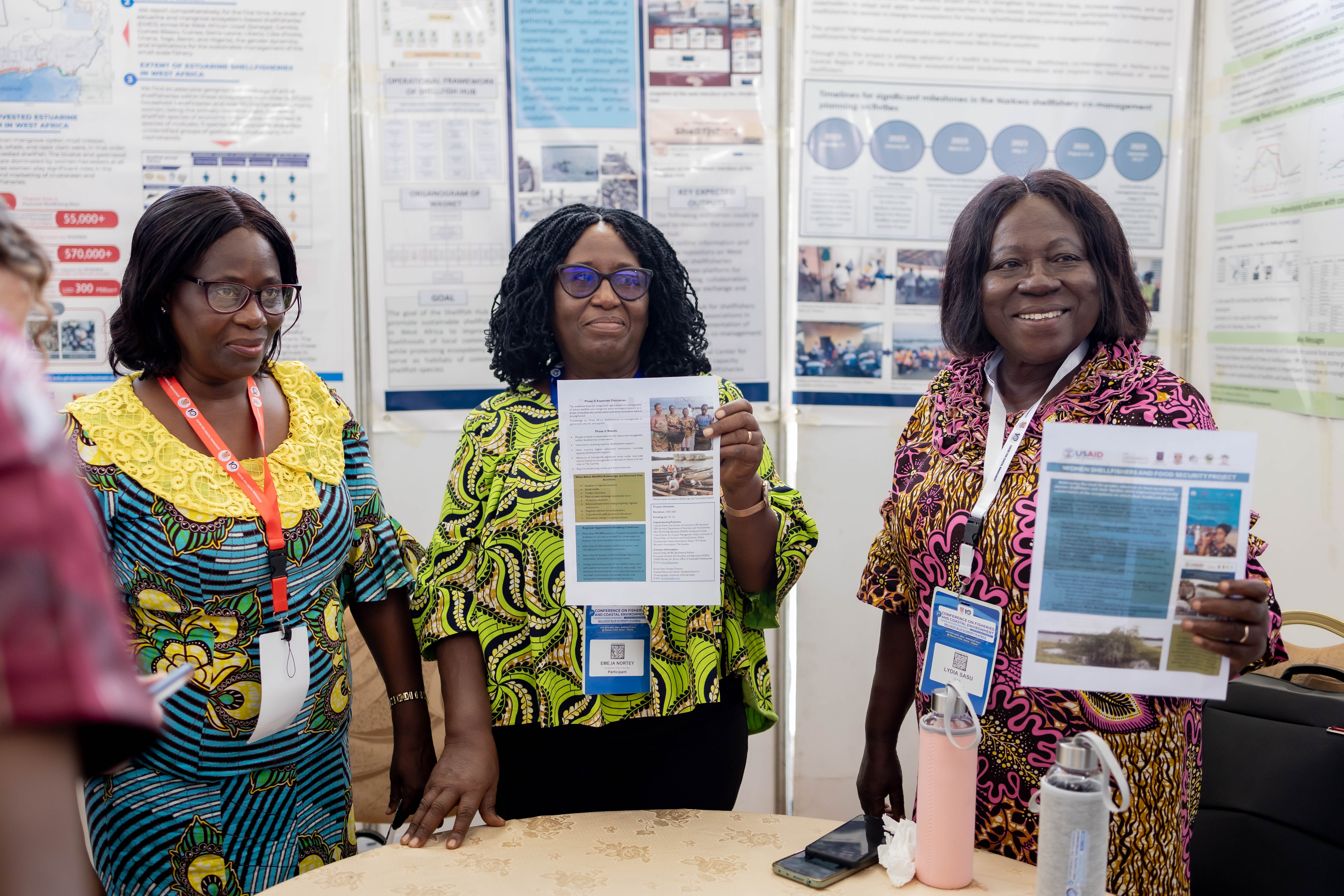
The conference's conclusion marked not just the termination of deliberations but the initiation of a collaborative journey toward a more sustainable future. The collective efforts catalyzed during these proceedings are poised to propel Africa towards a harmonious coexistence with its coastal ecosystems, fostering resilience and sustainable development.
In summary, the 3rd Annual Conference on Fisheries and Coastal Environment played a role in advancing our pursuit of a sustainable future. The commitments and vision expressed during this meeting are expected to have a lasting impact on the continent, leading Africa towards a more environmentally conscious connection with its coastal resources.

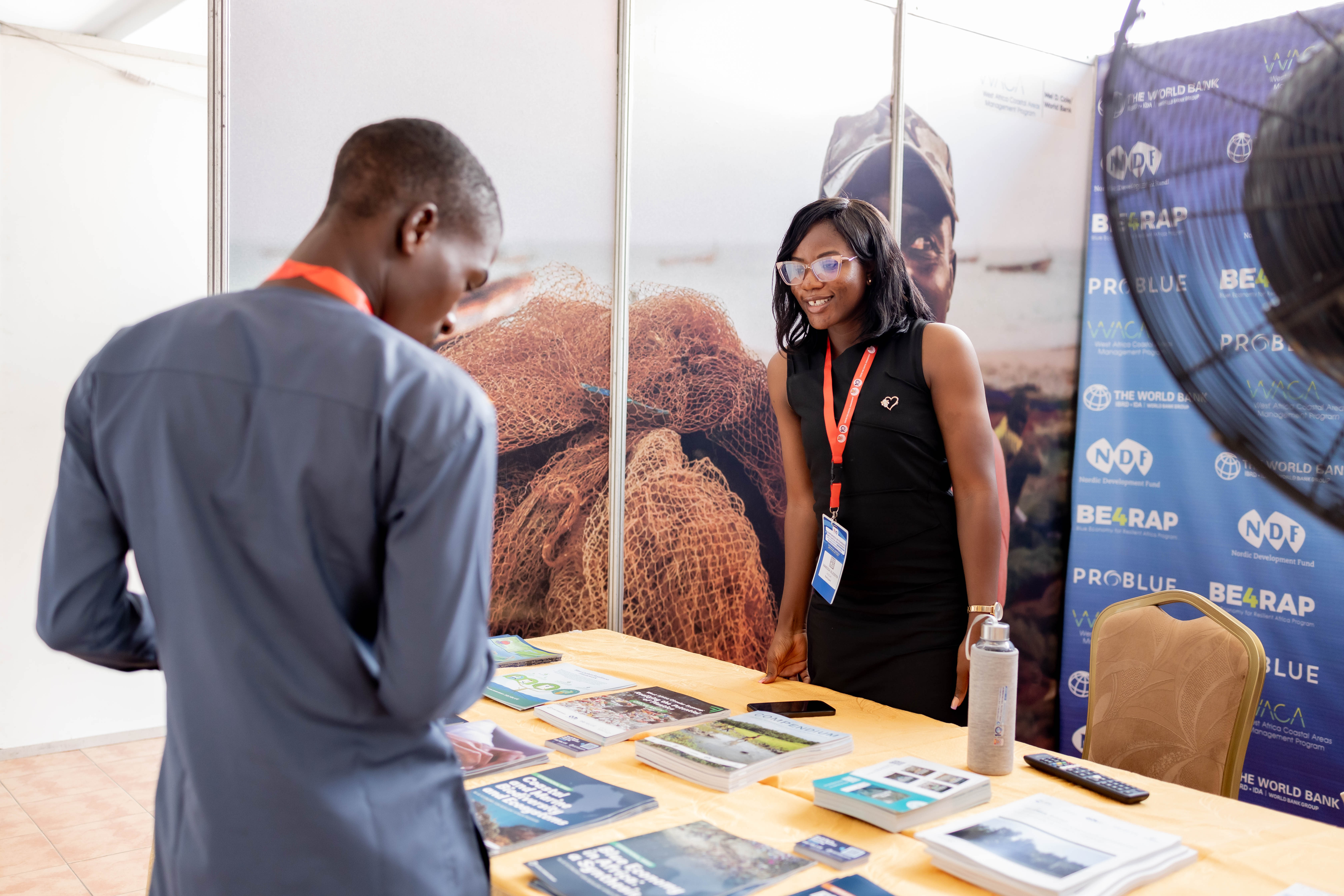


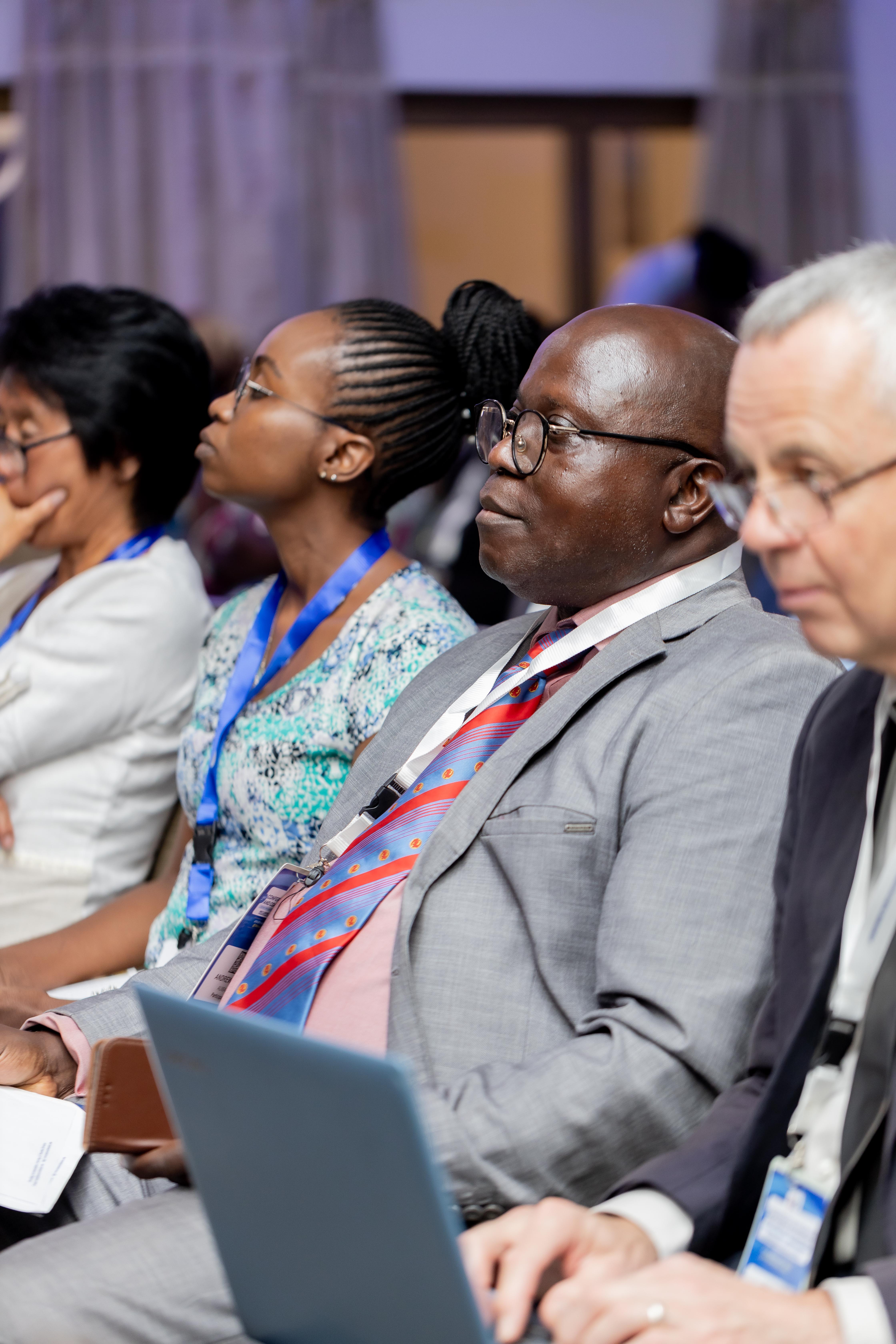
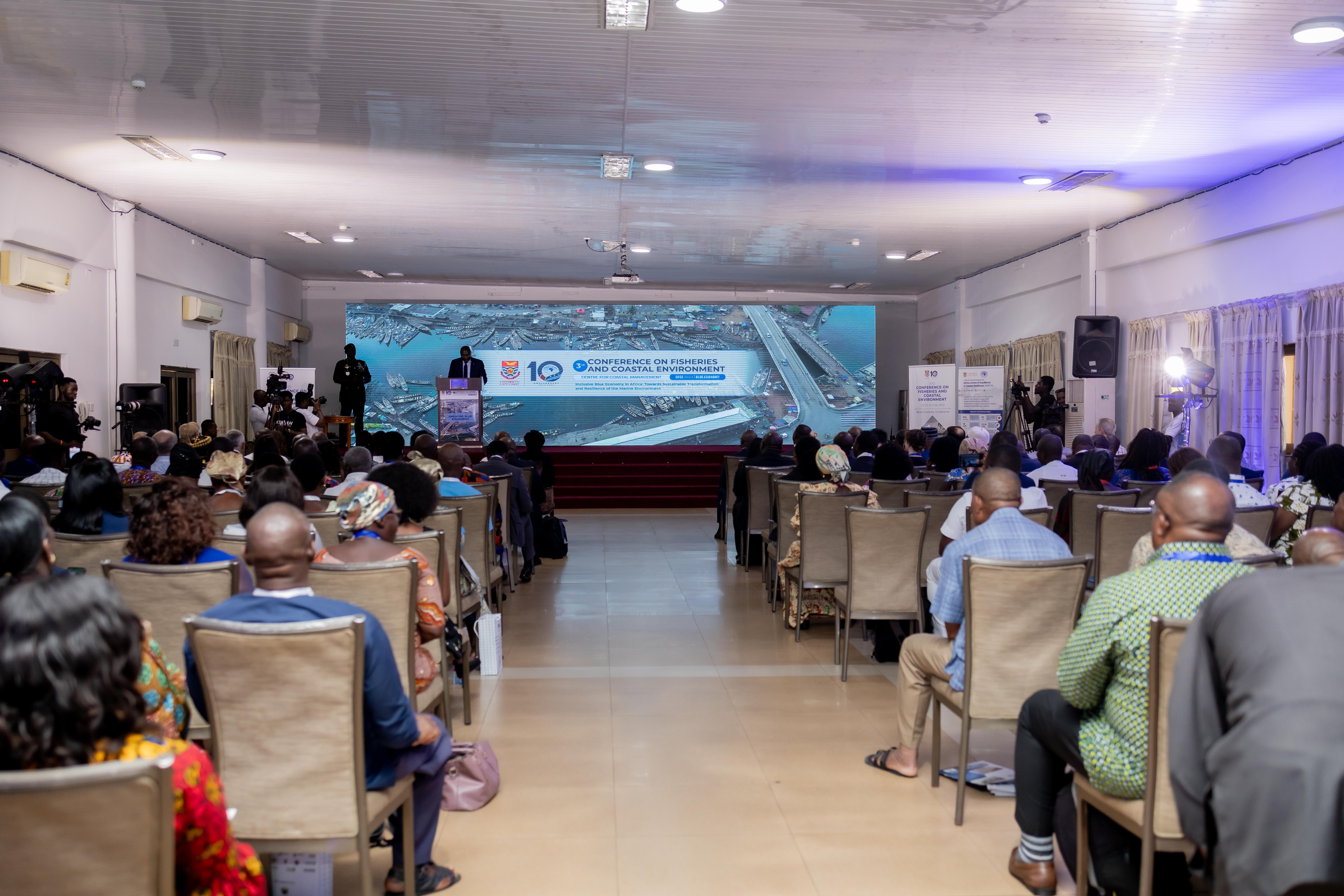

Dernière modification
